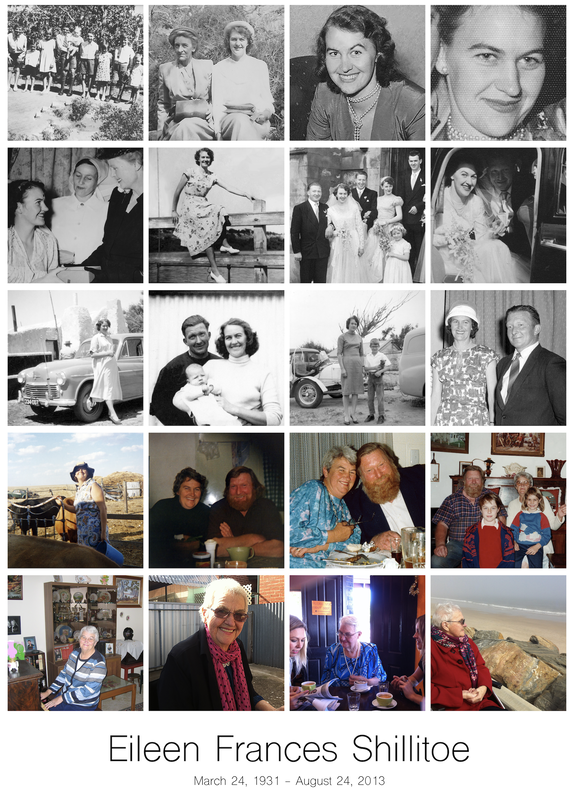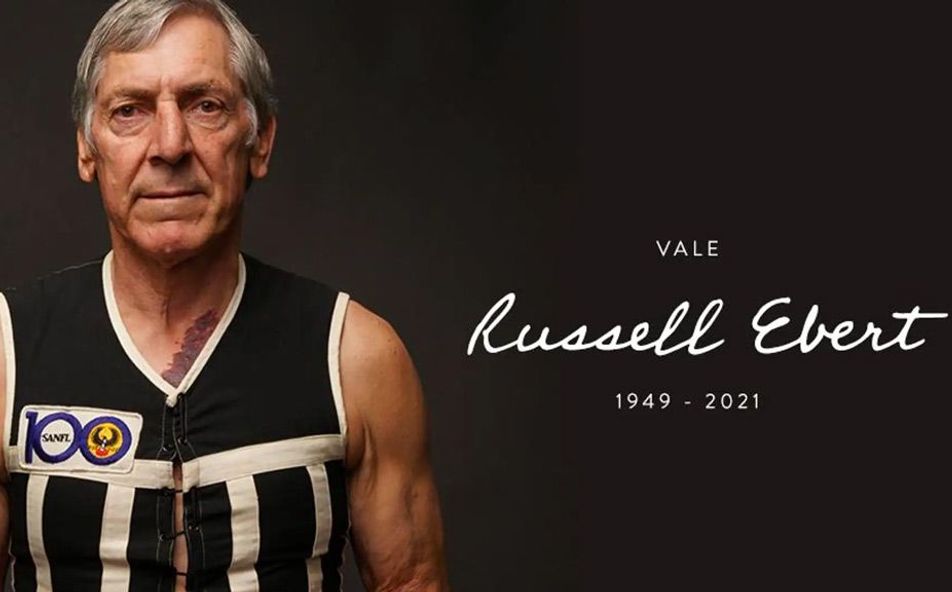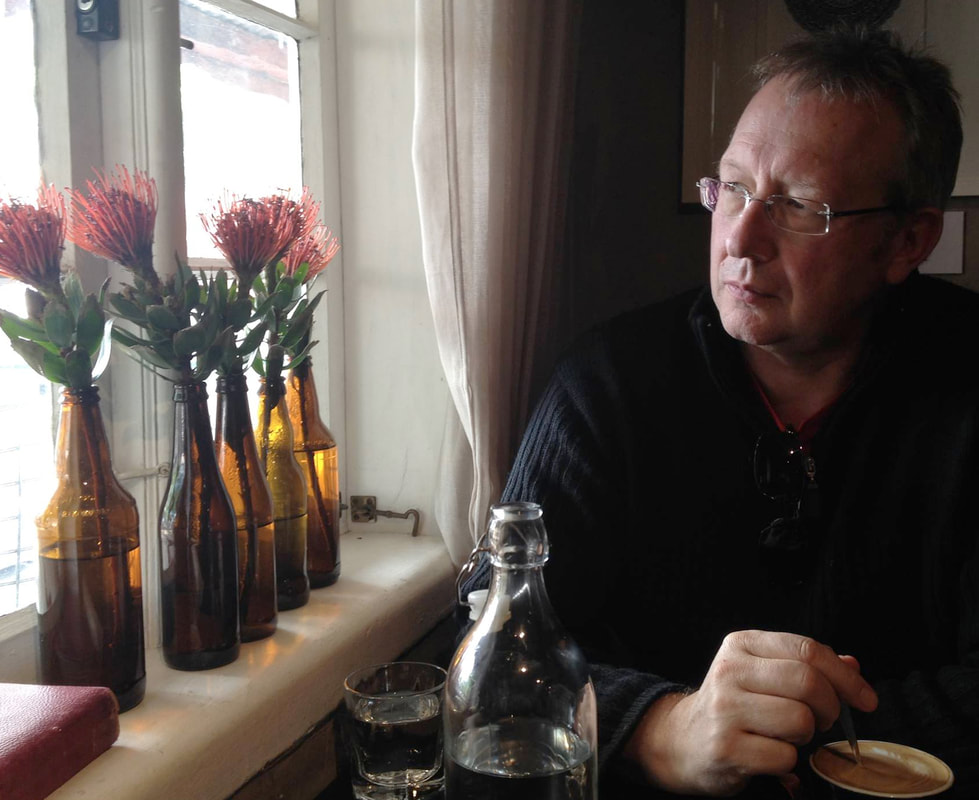This mortal round...You may not have heard of Russell Ebert. He was a South Australian football star and icon, and an integral part of my teen years when I was learning to play the game. As a centre player, I wanted to emulate his style, his ability to read the play and break the lines, his sportsmanship and general demeanour. He died this week, aged 72. Lots of my teenage icons have died in recent years, as have friends and colleagues. I am 67 next year. Mortality walks close beside me and I’m increasingly aware of its presence. Family history is an imperfect jigsaw puzzle of oral anecdotes, photographs, documents and experiences, full of facts and interpretations, inaccuracies and aphorisms, realities and dreams. I was inspired to write Girlie because of the snippets and tales my mother shared about growing up in the war years with hints of romances and scandals of broken hearts and adventures. When the inspiration became a serious intent on my part, very conscious that if I didn’t capture the stories my mother’s mortality would intervene, I interviewed her over the course of a year, sitting with her in the War Memorial Home on Wednesday afternoons (weekends were for shopping and lunches), asking questions and typing notes, gathering a sense of the identity of the girl and woman who morphed into my mother. Of course, she shied away from intimacies and secrets as she unfolded certain aspects of her teenage years, blushing and giggling sometimes at her admissions, which showed me the sixteen-year-old girl was still running around inside the eighty-year-old woman, so I was left, when I started plotting the novel, with gaps to fill, and deductions to make. Some of the unexpressed secrets became very obvious as the pieces were laid out of the jigsaw. For example, she left Adelaide to go to Melbourne – in itself, not overly unusual – although when you know the side stories (family pressures, a cheating lover – especially the cheating lover, her reasons for leaving become clearer. She would cheekily chastise me for being nosey when I asked her for the truth behind some of her choices and decisions, and then she would laugh when I told her I’d have to ‘make up’ the gaps when I wrote the story, almost taunting me to do so. We had some good times. The novel is now finished because I ‘found’ the missing pieces – although they were not difficult in every case to find when the puzzle, as a whole picture, lay on the table. Whether I’ve been successful in laying out the overall picture will be the readers’ judgement. I have to modestly say I like what I see. I see the young woman who was my mother, and she is truly a beautiful, naïve human of her time. Now the work is finished, I have a very different dilemma. The novel is, after all, part biography, part fiction. Many background or supporting characters are not real, although people like them were. But the main characters carry real names of real people, living and not. Many of the depicted events happened; at least they happened in the way my mother said she remembered, but we know memory is often only our interpretation of what we believe happened. My mother’s memories, therefore, will not be everyone else’s truth. And many of the events most likely never happened because they are the gaps, the ‘missing jigsaw pieces’ I’ve had to make to complete the picture. That means real people might read this and say what is written is lies. And that could also be true. Part fact, part fiction. My dilemma. Part of the plan, when I started the project, knowing it would always be an ‘interpretative memory’ of the lives of many people, was to write the draft using real names and then substitute the real names in the final edit with alternatives to mask the reality. For example, while my parents’ patriarchal family names are Eileen Bonney (Mum) and Bill Shillitoe (Dad), it would be easy to substitute the names with the matriarchal line: Eileen Stephens (Mum) and Bill Green (Dad). There are many advantages to doing this. In particular, while the novel could then be ‘marketed’ as ‘based on a real story’, it would remain essentially historical romance fiction and not be seen as a biography. It would also effectively dissociate me, as author, from the characters as my parents, even though family members and close friends know the truth. I don’t know. I will know in the next week or two, when I look to approach publishers. Maybe I already know because I have always leaned toward changing the real names anyway.
A three-year writing project is done (pending the last decision above). I’ve not published with a publisher for more than a decade and the publishing world I knew is long gone. I start from scratch, even down to writing the pitch email. Any recommendations of potential publishers from out there will be gratefully considered. Vale Russell. Thank you for being a sporting role model, on and off the field. And thank you for reminding me to put my priorities in order this week.
0 Comments
|
AuthorWriting is my passion. Ideas, opinions, beliefs, experiences expressed through language - through words and images - pervade and create my life. Writing is my voice, my soul, my self. My dream is one day writing will sustain my life... Archives
July 2024
Categories |



 RSS Feed
RSS Feed